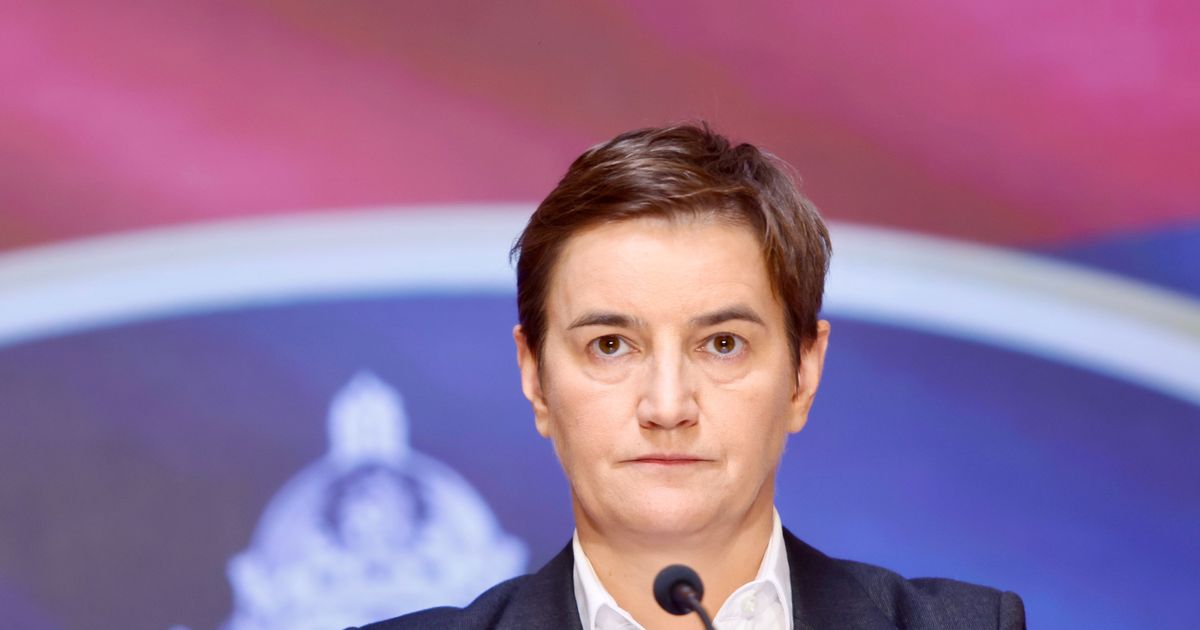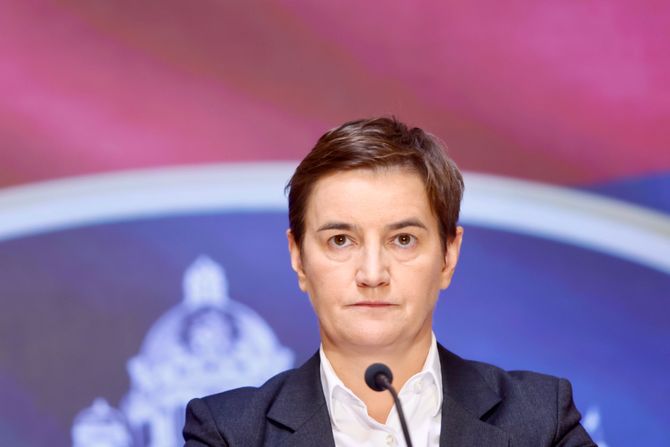Serbia plans to open Cluster 3 in its accession negotiations with the European Union by the end of July, which would break a pause in negotiations lasting over three years. So far, 22 out of 35 chapters have been opened, and Cluster 3 includes eight chapters. The European Commission considers the technical part ready for opening, but analysts are divided. Some believe that refusal to open would undermine the EU’s credibility, while others point to the socio-political crisis in Serbia as an obstacle. The Speaker of the National Assembly, Ana Brnabić, expressed hope that Cluster 3 will be opened by the end of July, or if not, then in September or October. Key conditions include the adoption of three media laws aligned with EU standards. Additionally, Serbia’s foreign policy, especially relations with Russia, affects the positions of some EU member states, particularly the Baltic countries. Protests and blockades in Serbia in recent months have further slowed the process. Opening Cluster 3 represents an important step in the accession negotiations and signals political stability and alignment with EU standards.
Political Perspectives:
Left: Left-leaning sources emphasize the socio-political challenges within Serbia, including protests and concerns about democracy and human rights, as key factors slowing down the EU accession process. They highlight the need for genuine reforms and criticize the EU for potentially compromising its standards for political reasons.
Center: Centrist sources focus on the technical readiness of Serbia to open Cluster 3 and the importance of meeting EU conditions such as media law reforms. They present a balanced view acknowledging both the progress made and the political challenges, including external factors like Serbia’s foreign policy and the positions of certain EU member states.
Right: Right-leaning sources tend to emphasize the strategic importance of Serbia’s EU accession and the benefits of opening Cluster 3, often highlighting statements from government officials. They may downplay internal political crises and focus on the need for political stability and cooperation with the EU, sometimes criticizing opposition or external actors for hindering progress.











